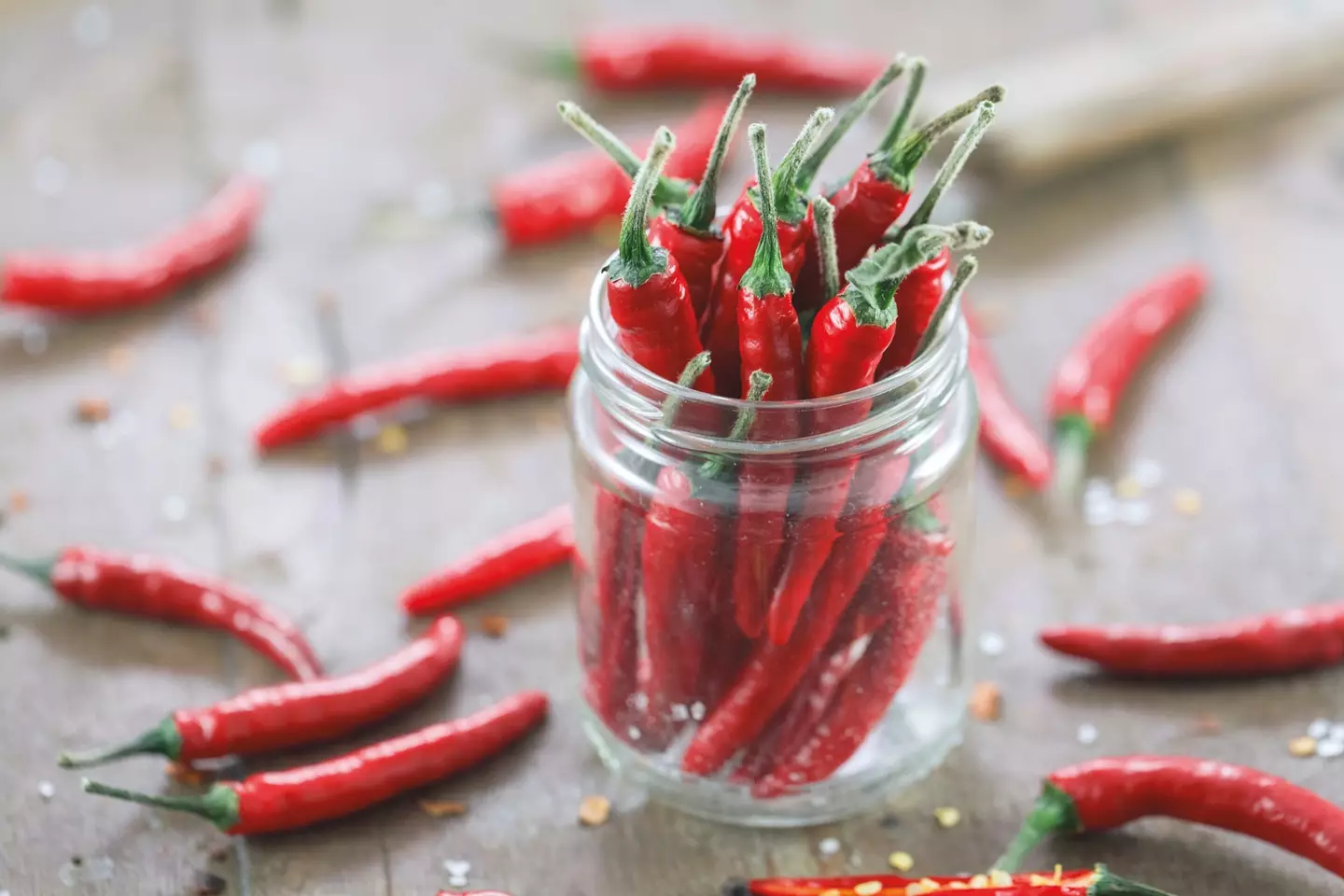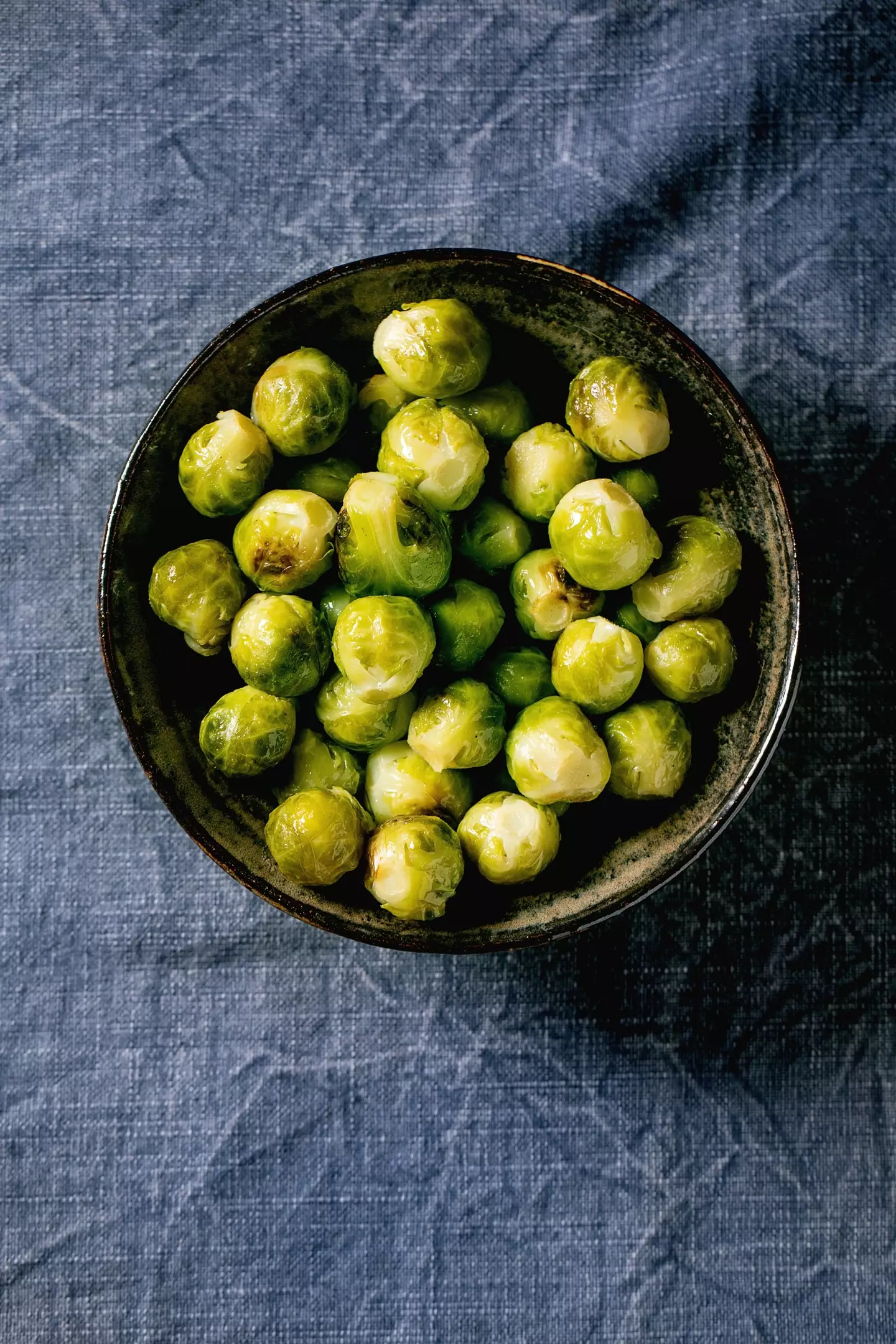If you’ve ever been on a calorie-counting diet, there’s a good chance you’ve been blown away by how many calories are included in seemingly innocuous foods.
It’s remarkably easy to hit 1,500 calories in a day, and you don’t need to be eating doughnuts and drinking milkshakes to get there.
So many food staples like bread, wraps, sauces, breakfast bars, and ostensibly low-risk foods like protein snacks are so full of calories that it’s no wonder so many of us struggle to keep the pounds at bay.

Advert
For some, calorie-counting and increased physical activity don’t yield the results they want, and it’s easy to become demotivated during a weight-loss journey when it becomes apparent that the modern world is doing its damnedest to fill us with calories and keep us glued to the sofa.
It’s no wonder, then, that Ozempic and Wegovy have taken off among celebrities and the general public alike.
The brand names vary but the drug itself is the same: semaglutide. It was initially designed to treat type two diabetes, but it’s since become popular as a weight loss aid thanks to its appetite-reducing properties.
Amy Schumer, James Corden, Kelly Clarkson, and Kathy Bates have all spoken about their semaglutide use, and it’s become a go-to assumption (not proven as fact) whenever a celebrity exhibits sudden weight loss.
While each individual’s experience may vary, both in terms of success and the presentation of nasty side effects, there’s no doubt that Ozempic has become a real topic of discussion.
One of the downsides, it turns out, is that you may have to start avoiding particular foods in order to maximise the chances of success and limit the likelihood of getting some unwanted side effects.
Here’s a breakdown of some common food categories that become no-goes if you start taking semaglutide.
Anything with a high fat content
According to the Ozempic website, ‘fried’ or ‘greasy’ foods are best avoided, and experts agree.
Dr Shauna Levy, an obesity medicine specialist and medical director of the Tulane Bariatric and Weight Loss Center in New Orleans, said these foods can result in “a lot of diarrhea”.
She told Today: "I’ve seen an almost dumping syndrome-like response in people taking GLP-1s when they eat simple carbohydrates and high-fat foods.”
‘Dumping’ syndrome is certainly one way of putting it.
Fibrous foods
Anything high in dietary fibre, like certain fruit, vegetables, and breakfast cereal Shreddies, must be carefully balanced to avoid get a backed-up system.
Dr. Christopher McGowan, founder of True You Weight Loss in North Carolina, told Today that fibrous foods take longer to digest and can take a while to leave the stomach.

Cruciferous vegetables
If you’re unfamiliar, cruciferous vegetables are a family of veggies comprising cauliflower, cabbage, Brussels sprouts, and asparagus. According to Dr McGowan, these can lead to gassiness that can be particularly troublesome for Ozempic-takers.
Sweet foods
This is another bracket that the Ozempic website warns against, and Dr Levy would add sugary drinks to the list. Apparently they’re particularly likely to cause stomach aches if you’re taking semaglutide.
Spicy foods
Put the Hot down, friend, it’s Lemon and Herb for you.
Dr Levy said that any foods that can exacerbate acid reflux are likely to cause more severe reactions in people taking semaglutide.
The medicine, she says, slows the stomach down, potentially causing a bigger build-up of stomach acids.
She did add, however, that people who aren’t prone to acid reflux may not have to worry.

Notable mentions
Alcohol also makes the list, with Dr Levy saying it’s not advisable to drink whilst taking Ozempic.
“One, it’s just empty calories,” she told Today.
“Two, it tends to make people make decisions that they otherwise might not make.
“It could increase hunger, and the whole point of GLP-1s, or at least one of the points, is to decrease hunger. So it sort of negates their purpose.”
She said that drinking in moderation may not be problematic for some users, but it’s nevertheless a good idea to limit booze consumption whilst taking the weight loss drug.
As with all things health, diet and medical related, you really should consult your doctor for advice.

